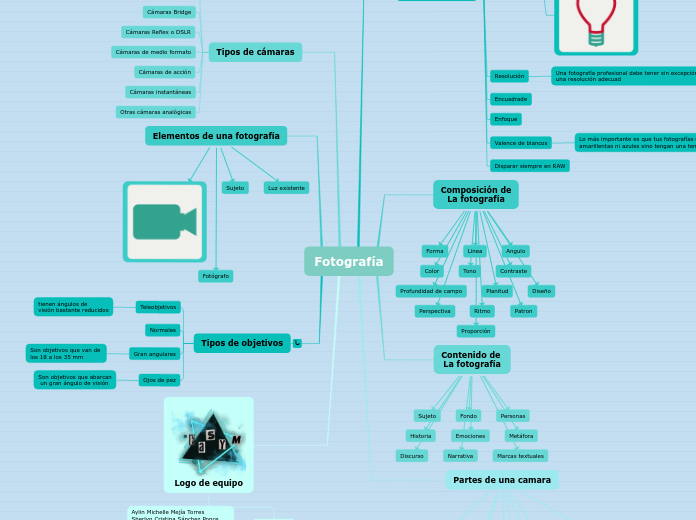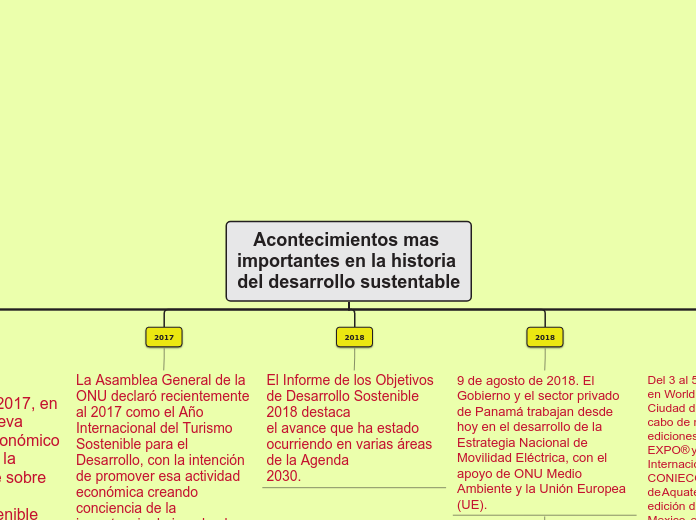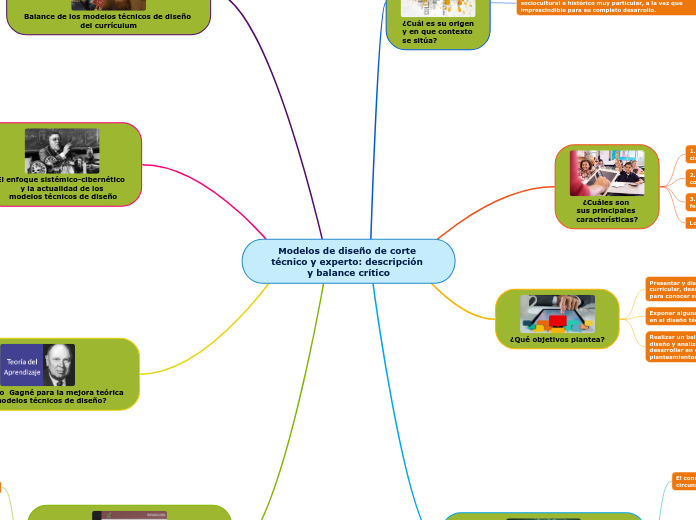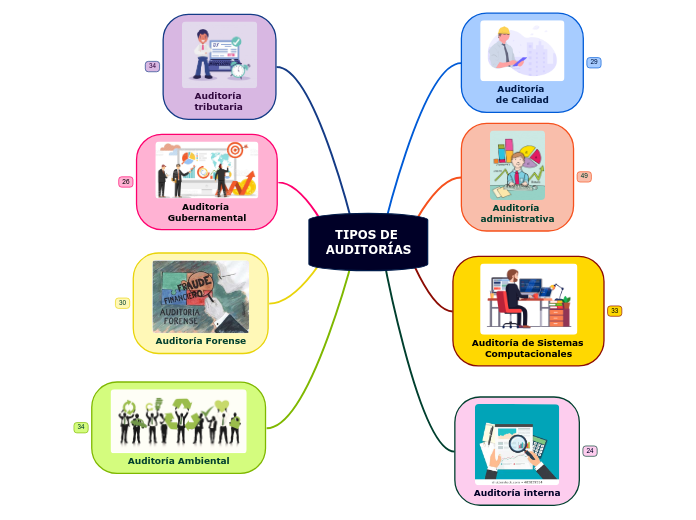Fotografía
Type in the title of your course.
Logo de equipo
Integrantes
Aylin Michelle Mejía Torres
Sherlyn Cristina Sánchez Ponce
Fátima Medina Nungarai
Yovany Guadalupe Real Rosales
Aketzali Guadalupe Llanos Martínez
Tipos de objetivos
Ojos de pez
Son objetivos que abarcan
un gran ángulo de visión
Gran angulares
Son objetivos que van de
los 18 a los 35 mm
Normales
Teleobjetivos
tienen ángulos de
visión bastante reducidos
Elementos de una fotografía
Fotógrafo
Luz existente
Tipos de cámaras
Select methods and tools according to
- the size of the class
- the course goals
Otras cámaras analógicas
Cámaras instantáneas
Cámaras de acción
Cámaras de medio formato
Cámaras Reflex o DSLR
Cámaras Bridge
Cámaras Digitales compactas
Partes de una camara
The evaluation must go hand-in-hand with course goals in order to achieve them and also help students to improve their skills.
Also, assignments and homework need to reflect and help achieve course goals.
El microprocesador
El obturador
El sensor
El pentaprisma
El espejo
El disparador
These can be partial - short evaluations after each segment of the course - or final - a final exam which will assess all the knowledge aquired during the school year at once.
El visor
Decide if you want the assignments completed during the year to represent 1/3 of the final grade.
Visor reflex
Visor directo0
Contenido de
La fotografía
Arrange the topics in a logical order.
Discuss how and why you have organized the material in a particular way.
This will help students to see the connections between topics.
Marcas textuales
Narrativa
Discurso
Metáfora
Emociones
Historia
Personas
Fondo
Sujeto
- Chronological - you can organize the topics according to a theme or storyline.
- Topical order - involves taking the topic of your speech and dividing it into several subtopics. The subtopics are related to the topic they branch out from.
- Survey-oriented - this type of course structure is briefly treating the main topics of a broad field of knowledge.
- A process-oriented syllabus focuses on the skills and processes involved in learning.
ChronologicalTopicalSurvey-orientedProcess-oriented
Composición de
La fotografía
Select the major topics and determine the order in which you will teach them.
Proporción
Patron
Ritmo
Perspectiva
Diseño
Planitud
Profundidad de campo
Contraste
Tono
Color
Angulo
Linea
Forma
Select the main topics to be covered. To obtain an initial list of course topics, search in current textbooks or in the current literature.
Reglas básicas
Determine the goals of the course.
Having these course goals in mind will then help you make decisions about which content to include and what kind of assignments and exams are appropriate.
Consider the following questions:
- What you want your students to remember from your course?
- What skills should students gain in this course?
- How does this course relate to other courses in the discipline?
Disparar siempre en RAW
Valence de blancos
Lo más importante es que tus fotografías no se vean ni amarillentas ni azules sino tengan una temperatura neutra
Enfoque
Encuadrade
Resolución
Una fotografía profesional debe tener sin excepción alguna, una resolución adecuad
Iluminación
Disfunciones de luz
Flash compacto
Flash profesional
Flash de camara
El flash
Nociones básicas de iluminación
Luz natural y artificial
Reglas de tercios
Consiste en dividir la imagen en 9 partes iguales









